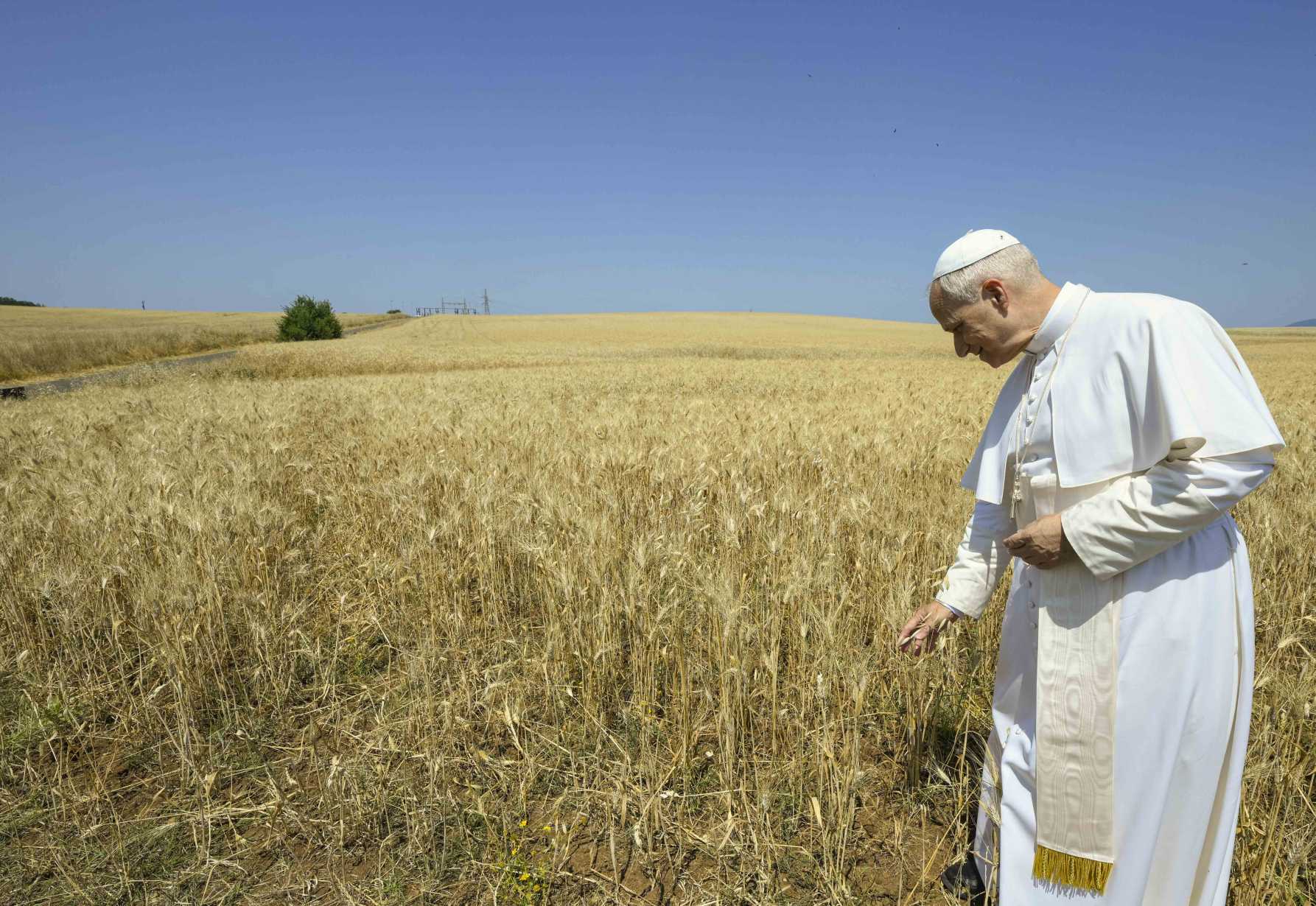- Home
- La Gregoriana
- 64 - Peace be with you all
- Moral Theology between polarization and frontier themes
Share:

The Moral Theology programme is in line with the tradition
of the Gregoriana, developed in the light of Vatican II:
our students are taught to appreciate and focus
on the fundamental categories which
ground moral discourse. The fundamental part
of the curriculum is the study of the sources of moral discernment
Fr Micallef, you are the coordinator of the moral theology programmes within the new Department of Moral Theology and Spiritual Theology. Can you tell us more about the tradition at the Gregoriana?
"In line with our tradition, developed over the years to respond to Vatican II and its call to rethink the way of teaching Moral Theology, our students are taught to appreciate and focus on the fundamental categories which ground moral discourse. This method puts the students in a position to face major ethical issues with a critical mindset, enabling them to assess a plurality of approaches. We propose, as the central axis of the curriculum, the study of the sources of moral discernment: Sacred Scripture, Tradition, the current teaching of the church, dialogue with culture and other religious traditions, personal moral conscience, and reflection on case studies."
Given moral disagreement and polarization, teaching theological ethics can be challenging today. Is it possible to promote critical reflection whilst being faithful to the church’s magisterium, as the Jesuit tradition has always sought?
"The Magisterium itself has invited us to seek this balance, and to avoid proposing a self-referential or nostalgic vision of ethics which idealises reconstructions of Christian life in premodernity or closed Catholic communities. From the reform guidelines of Vatican II to Pope Francis’s promotion of an open, dialogical, and synodal Church, the Magisterium has asked us theologians to be truly in touch with Christians living in today’s world. The interplay between the old and the new is extremely important in this endeavour. In the tradition of the Gregorian, we believe the living tradition of the church should be studied rigorously, in its variety and complexity, not as a museum artefact or as an instrument to define a rigid Catholic identity, but as a stimulus which can shed light on the new situations that Christians are facing.

At the same time, we bring many questions to bear on this tradition by honestly engaging with the many contemporary ethical issues: migration, climate change and biodiversity loss, human trafficking, fake news and populism, the effects of social media on moral formation, the implications of AI for decision-making, the ongoing transformation of labour and of the workplace, posthumanism, biomedical ethics in the context of post-pandemic anti-scientism, new debates on sex and gender, assisted suicide and abortion, and so forth."
Some students come to Rome expecting to find a very classical curriculum in moral theology, consisting of Catholic teaching on abortion, euthanasia, premarital sex, labour and the economy, conscience and the natural law, presented with many citations from Aquinas and the Church Fathers. When they open the Moral Theology programme guide, they are often taken by surprise...
"We have courses touching on these topics, of course, but we expect most of the classical issues in personal, social, and fundamental morals to have been adequately covered in the first cycle of theology. Our licentiate seeks to cover any lingering lacunae and take students beyond these issues to appreciate the breadth of the discipline and face the wide range of issues it embraces.
We have courses on religious freedom, comparative bioethics, social sin, moral discernment, the use of Scripture in social ethics, embodiment and technoscience, ethics and social communication, neuroscience and debates on free will, contemporary conflicts and peacebuilding, AI and the digital age, cutting-edge medicine and bioethics committees, the strengths and vulnerabilities of today’s families, gender theories and Christian anthropology, environmental justice, globalisation, and many more."

